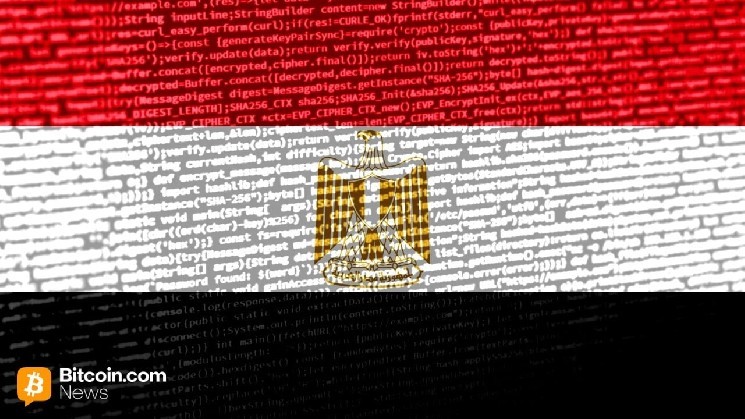Pravica CEO Mohamed Abdou highlights Egypt’s evolving blockchain stance, praising a shift from skepticism to curiosity.
High-Level Participants Discuss Practical Use Cases
The recent closed-door forum on blockchain utility in Egypt marks a potential turning point in policy and underscores the power of open dialogue in building trust, according to Mohamed Abdou, founder and CEO of Pravica. Abdou noted that Egypt’s shift from a narrow focus on blockchain’s risks to “a sophisticated curiosity” about its broader applications validates the “education first” strategy embraced by industry leaders.
Abdou’s remarks came shortly after he and Tony Amer, CEO of Emurgo Labs, participated in a high-level meeting attended by representatives from Egypt’s academic, banking and government sectors. Other notable attendees included Kostas Kryptos Chalkias, co-founder of Mysten Labs and Gregorios Siourounis, co-founder and CEO of Money.com.
The forum focused on blockchain’s practical use cases, particularly in off-chain and cross-border payments, as well as documentation sharing within government systems. The meeting represents a milestone for Egypt’s Web3 ecosystem, which has long grappled with the misconception that blockchain is solely tied to cryptocurrencies.
Navigating a Complex Regulatory Environment
Although Egypt currently lacks formal cryptocurrency regulations, the central bank has banned their issuance, trading and promotion. Still, blockchain-based solutions have been permitted in sectors such as trade, logistics and carbon markets. To navigate this complex regulatory environment, Web3 advocates have intentionally redirected attention “from speculative assets to tangible utility.”
To demonstrate this, Abdou told Bitcoin.com News that his team is working to co-develop pilot programs that address pressing local challenges.
“For example, we might propose a pilot to put land registries on-chain to reduce disputes, or one to track high-value goods from origin to port. When a regulator can see, touch, and measure the results of a blockchain solution that reduces fraud, cuts costs, or improves public services, the dialogue fundamentally changes,” he explained.
Beyond pilot projects, Pravica is investing in local capacity-building through partnerships with universities, incubation hubs and government bodies. By hosting workshops, sponsoring hackathons and training developers, the company reinforces its commitment to Egypt’s long-term growth. This hands-on approach to workforce development has helped position Pravica as a trusted strategic partner to regulators.

